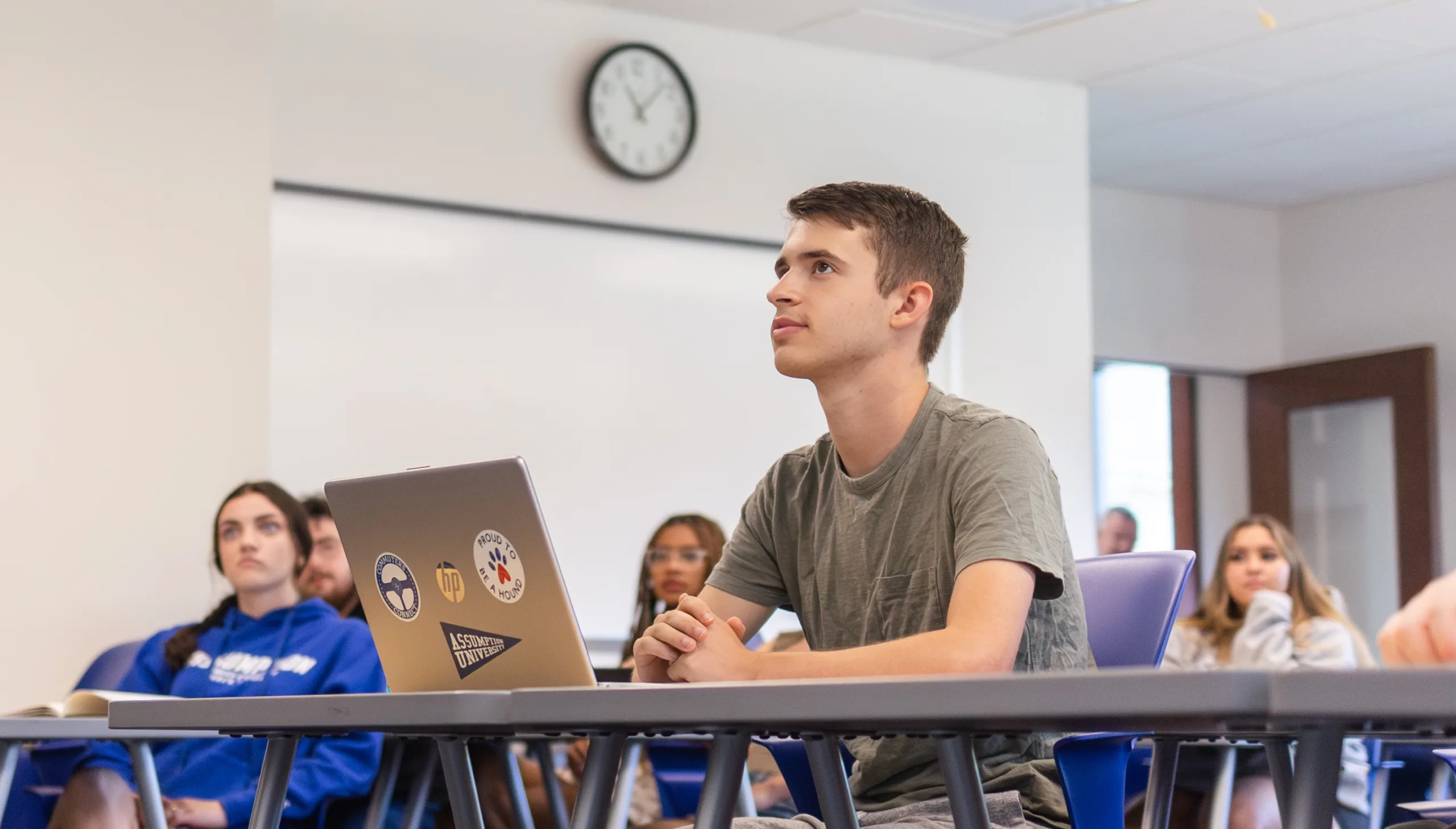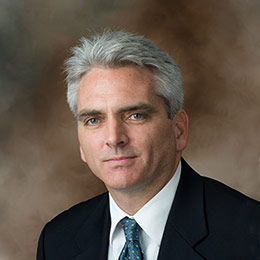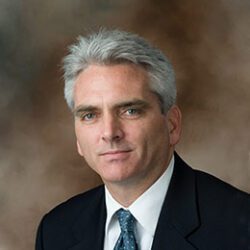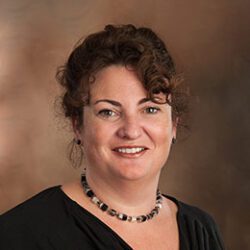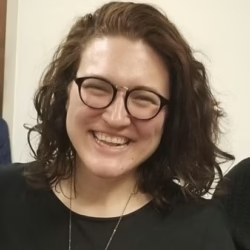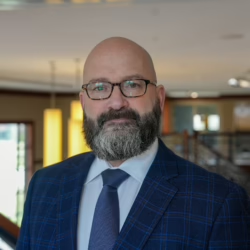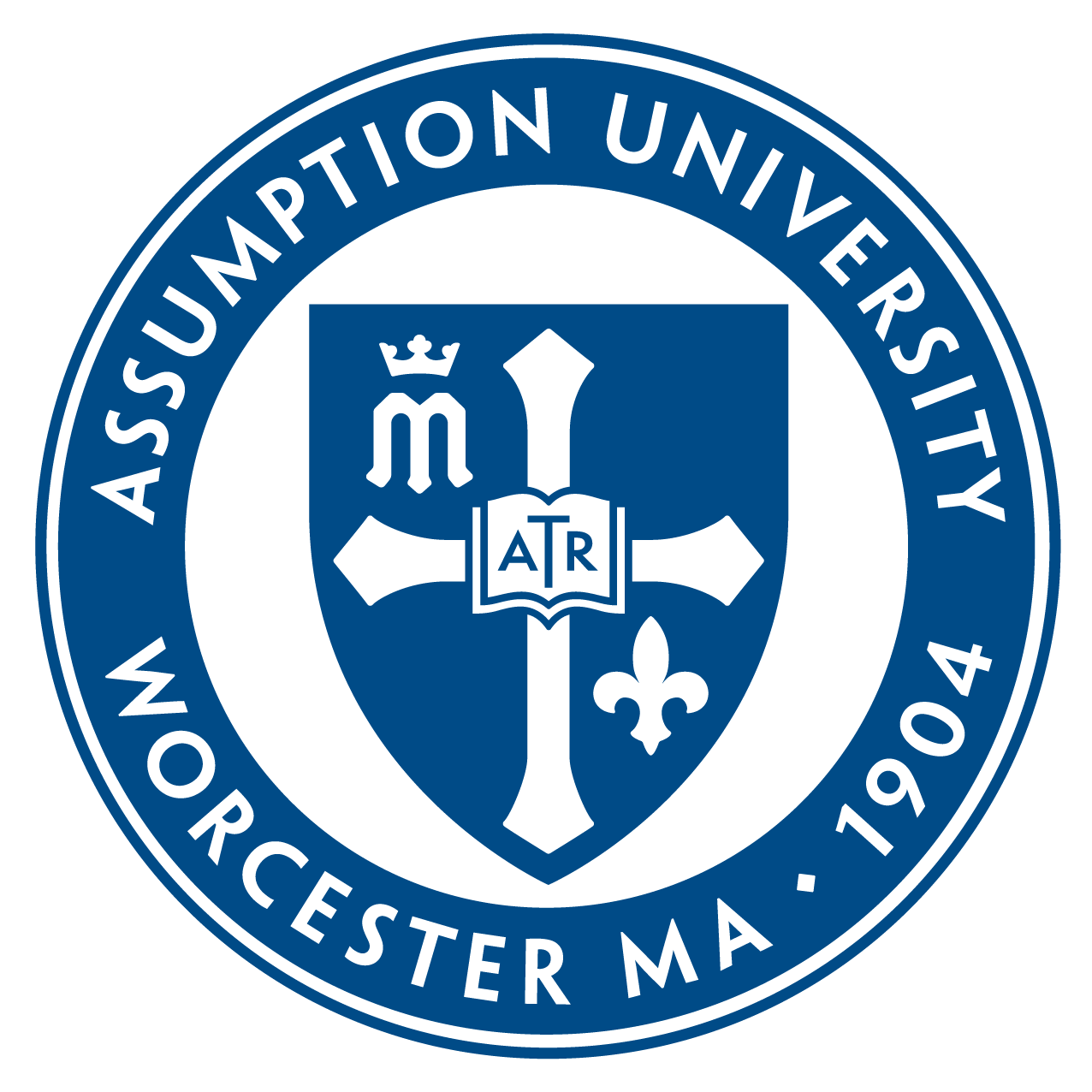Why combine a CTEQ minor with your major?
The average college graduate will have three professions and seven jobs over the course of their career. But he or she will get only one life. CTEQ lays an intellectual and spiritual foundation for human beings to continue to think about the only question that ultimately matters in human life long after they leave Assumption: what kind of person should I strive to become in order to be genuinely happy?
CTEQ introduces students to the dialogue between the best of ancient and modern thought as a way of providing access to the permanent questions human beings must face. As students engage directly with the great thinkers who have shaped our tradition, they sharpen their reasoning, writing, and speaking skills and develop an articulate appreciation for their own humanity. Working with and through the University’s required Foundations Program, this elite Great Books minor is compatible with every major the University offers.
Why Study Core Texts and Enduring Questions?
The CTEQ Program seamlessly unites four separate departments — Art History, Philosophy, Theology, and Political Science — into one coherent and integrated minor. Students explore perennial human questions about the nature of Justice, Beauty, Truth, and God. CTEQ students and faculty jointly enter into meaningful dialogue with timeless thinkers and artists ranging from Homer to Plato, Augustine, Aquinas, Michelangelo, Shakespeare, Descartes, Pascal, Baudelaire, the Federalists, Nietzsche, and Pope Benedict XVI. Providing students with a distinctive liberal arts education that rounds out and deepens their entire course of study at Assumption University, CTEQ offers students a select educational experience where Great Books and great discussions take center stage.
The CTEQ Program exists because alumni of Assumption had their lives transformed by the education they found here, and they have endowed this program to ensure that this type of education will always be available at Assumption. There was a time when students enrolling in college expected just this sort of transformation. Today, most students go to college looking for professional training of one sort or another, and colleges have adapted to make that possible. CTEQ exists to ensure that the opportunity for a life-transforming education is still possible at the same time.
Unique and Personal
The CTEQ Program is named for two Assumptionist priests and teachers, Fr. Ernest Fortin and Fr. Denys Gonthier, who are loved and revered by alumni who were their students. Their names anchor CTEQ in the legacy of Emmanual d’Alzon, who founded the Augustinian of the Assumption, the order sponsoring this university. We who teach in the CTEQ Program do our best to honor the example set by Frs. Fortin and Gonthier and thereby to extend the tradition of Catholic liberal education that has animated Assumption for over 100 years.
Daniel P. Maher, Ph.D
Faculty
Experiential Learning
Assumption's Rome Campus
At Assumption's campus in Rome, Italy, the city and the country become your classroom through daily and weekend-long excursions throughout "the eternal city" and the Italian countryside. This unique study abroad experience will enrich your academic and cultural pursuits as you walk in the footsteps of emperors and gladiators then enjoy delectable Italian cuisine or perhaps a cappuccino after class in a local cafe. (Did you know that your financial aid follows you to Rome?)
Explore the Rome CampusLearn the Skills Employers Seek
Faculty/Student Research
The Assumption curriculum encourages scholarly and real-world experience. With hands-on research conducted alongside faculty mentors, students gain a depth of knowledge and skills that lead to professional success and personal fulfillment.Study Abroad
At Assumption University, the world is your classroom. Students can study and explore abroad in over 50 places from Vienna to England, South Africa, and even our own campus in historic, yet modern, Rome, Italy. Assumption’s study abroad program offers culture, history, and a living classroom for all.Internships
Assumption starts planning for your future the day you arrive on campus. The Denecker Career Development and Internship Center helps students secure exciting and fulfilling internships where you’ll apply knowledge obtained in the classroom in a professional setting, preparing for a future career or additional study. Assumption connects students to internship opportunities in corporations, government agencies, research hospitals, non-profit organizations, and more.First-rate Academics in a Catholic University Setting
Assumption University awakens in students a sense of wonder, discovery, and purpose, forming graduates known for their intellectual seriousness, thoughtful citizenship, and devotion to the common good. Students are provided an education that shapes their souls, forms them intellectually, and prepares them for meaningful careers. Enlivened by the harmony of faith and reason, here, students’ minds and hearts are transformed.
Asking the Biggest Questions: Inside Assumption's CTEQ Program
CTEQ Pre-College Summer Program
Study great works of philosophy, art, political science, and theology with nationally known faculty—as you simultaneously meet new friends and experience what collegiate academic life is like.

